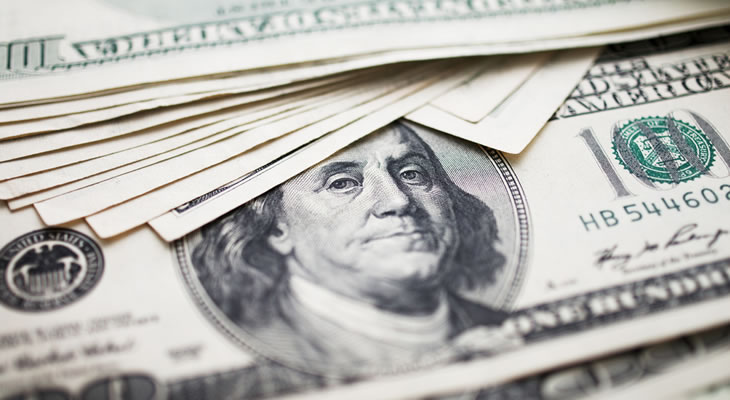The Pound Sterling to US Dollar (GBP/USD) strengthened on Wednesday as the UK currency was buoyed by better than forecast mortgage approvals report and the ‘Greenback’ was weakened by more disappointing domestic data.
The Pound Sterling to US Dollar (GBP/USD) reached a session high of 1.4994
Sterling made gains earlier in the session after data released by the British Banker’s Association showed that the number of new mortgages approved in the UK increased to its best level in five-months. The number of approvals rose by 37,300 in February, up from the preceding month’s figure of 36,400.
‘We’re seeing stronger demand for mortgages as consumers take advantage of some of the very competitive deals currently available. Demand for loans and other types of personal borrowing is rising at its fastest rate since the financial crisis. Consumers are feeling increasingly confident about buying big ticket items, such as cars or home improvements, as the recovery really begins to take hold,’ said Richard Woolhouse, chief economist at the BBA.
Following the release of the data, the Pound Sterling advanced against the majority of its most traded peers.
No Rush to Hike Interest Rates
The US Dollar exchange rate came under pressure as the head of the Chicago Federal Reserve Charles Evans suggested that interest rates should be delayed until the first half of next year as inflation is heading back towards a healthy 2%.
To Evans, the costs of raising rates too soon far outweigh those of raising them too late, especially given weak inflation and an unemployment rate that, at 5.5%, is still higher than the 5% level he sees as sustainable.
‘I think we should be cautious in raising interest rates,’ Evans said.
US Durable Goods Orders Fall in February
Further softening the US Dollar was another report, which disappointed the market. According to the Washington based Commerce Department, Durable goods orders fell by -1.4% in February, a figure that was far worse than the 0.4% increase forecast by economists. The preceding months orders were also revised lower from a 2.8% gain to 2%.
‘Businesses have been extremely cautious. The economy has not been especially strong. In particular, people have had their doubts about the sustainability of growth,’ said Stephen Stanley a chief economist at Amherst Pierpont Securities LLC.
The cause for the fall was blamed on harsh winter weather and weaker demand from overseas.
The GBP/USD exchange rate will experience further volatility on Thursday due to the release of the latest UK Retail sales data. The USA is also due to publish PMI and Jobless Claims data.

